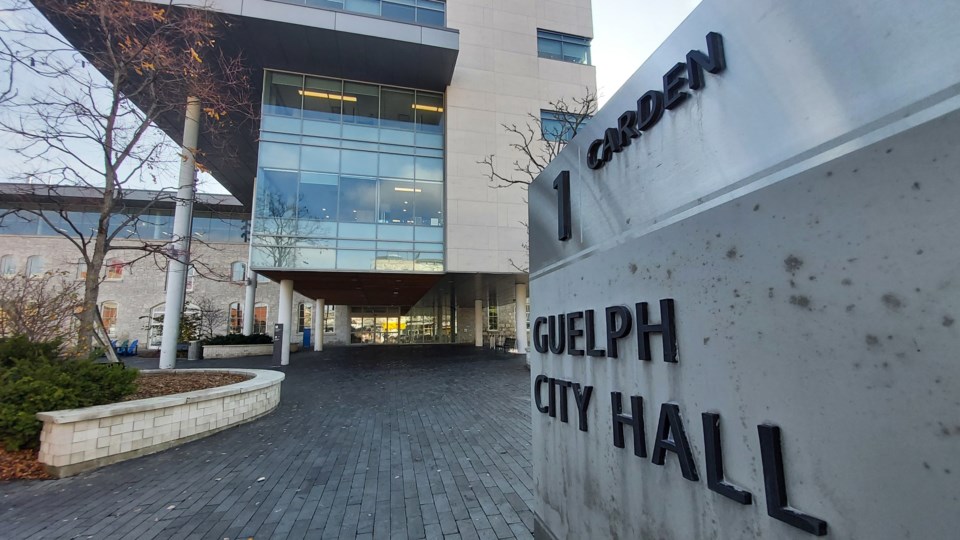Guelph tenants facing ‘renoviction’ in the future may receive some mandated relief, courtesy of city council.
At the urging of Mayor Cam Guthrie, council is set to consider the creation of a rental replacement bylaw, a landowner licensing fee program for renovations or a combination of both, aimed at requiring alternate housing or compensation for evicted tenants.
“Although informal evictions are not illegal, in practice many tenants can encounter disinformation, and coercion to get them to move,” Guthrie wrote in a message to council included in the agenda package. “I, and many of you, have started to hear these stories more and more throughout the city which is why I believe we should take action.”
The issue will be discussed during council’s committee of the whole meeting on Sept. 17.
Guthrie’s recommendations follow a July 26 information report from city staff regarding renoviction bylaws that exist in some municipalities. Though staff don’t call for similar action to be taken here, it stated plans to “monitor the progress of these programs” and let council know what’s happening.
“There is a heightened concern across Ontario that with escalating rental prices, there has been an increase in renovictions in Ontario that is leaving tenants without suitable housing options,” the staff report states. “This is forcing more individuals and families out of affordable housing options and resulting in housing instability.”
Renoviction occurs when landlords evict tenants so they can renovate their unit and don’t allow the tenant to move back in at their previous rental rate, convert the unit for another use or demolish it.
It’s a scenario to which Guelph is not immune.
Several residents of a Brant Avenue apartment building, joined by housing advocates, have been calling for the creation of a renoviction bylaw since receiving notice the building’s owner, Brant Apts Inc., has “no choice but to terminate your lease” effective Nov. 30, as it plans a major renovation project in the building.
As the work will take between six to nine months, it has been deemed a critical health and safety concern, making the units uninhabitable during that time, the notice states.
The Residential Tenancies Act requires a landlord to pay a maximum of three month’s rent as compensation. For many of the tenants of the building, this would amount to just over $3,000. But if tenants agreed to leave before Aug. 31, relinquishing their right to return and voluntarily ending their tenancy, that increases to $6,000.
Guthrie’s recommendations call for the draft bylaw to be presented to council for consideration no later than mid-2025. Penalties or fees for violations are to be included.
He also wants to see the creation of an eviction survey to “shape and capture ongoing impacts of evictions occurring” within the city.
“I also want to be extremely clear that it’s beyond unfortunate that such a bylaw/fees need to be contemplated or even exist,” Guthrie said in a social media post. “It is the very very small percentage of landlords that are purposefully taking these actions and using tactics to make huge profit off the backs of people that often don’t know their rights or their options and they’re clearly taken advantage of.”
It’s often seniors and newly landed immigrants or refugees displaced by renovictions, he noted.
“The vast majority of landlords are excellent people or organizations, and many of them should not in any way be wrapped up into this narrative that ‘all landlords are bad.’
“In fact some landlords I’ve talked to have said they want such bylaws because it’ll expose the landlords which are doing things the wrong way.”
